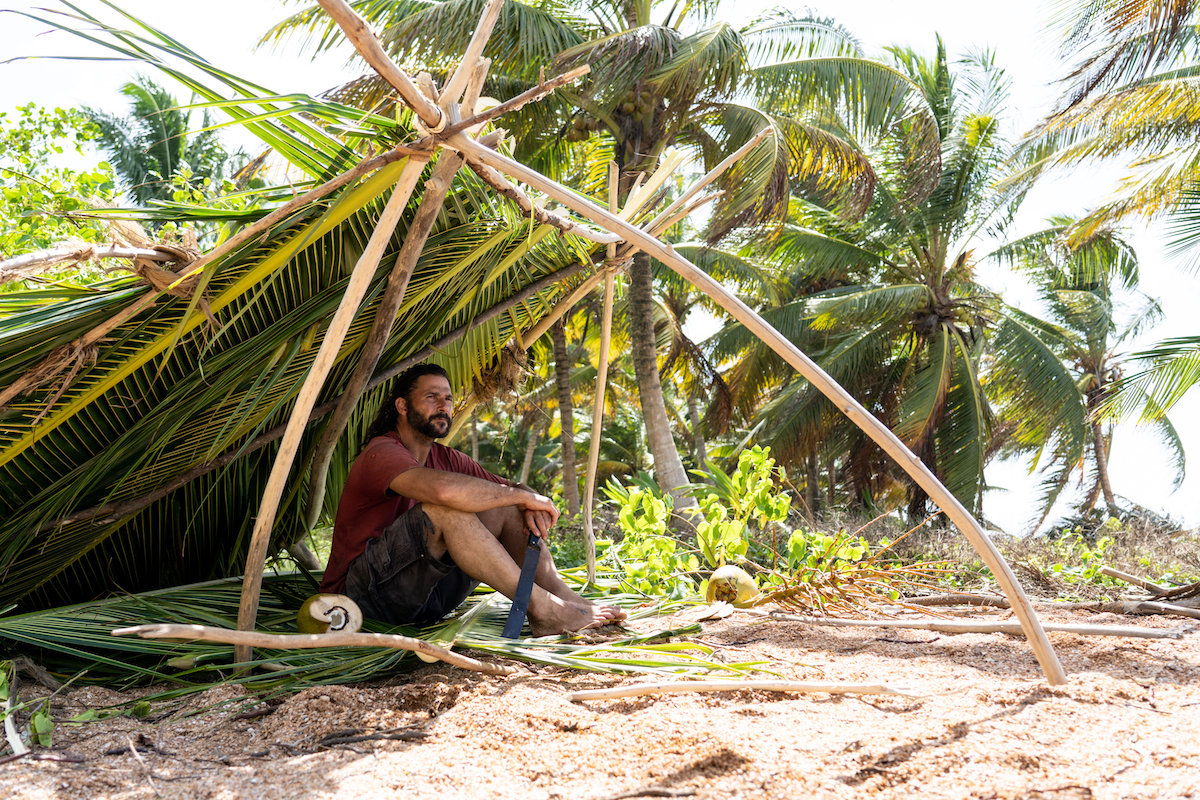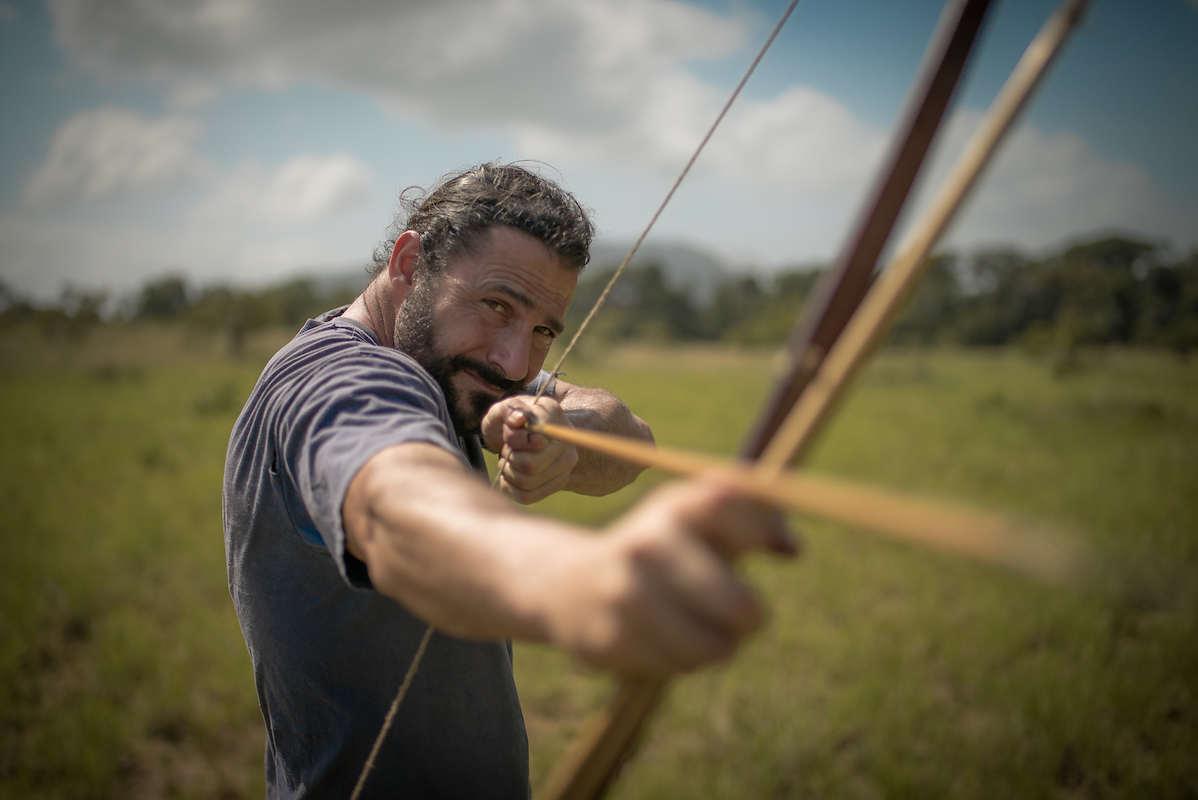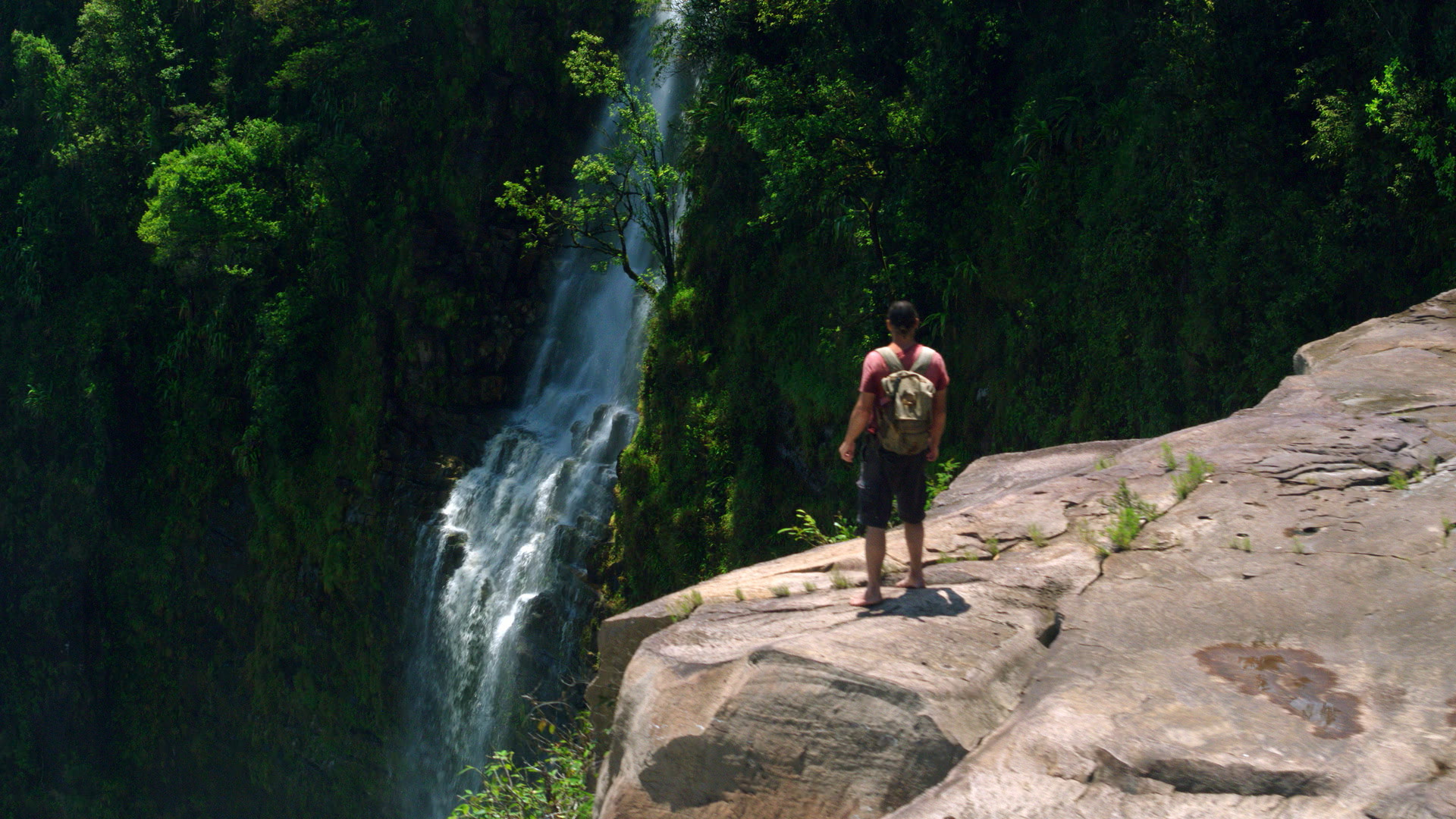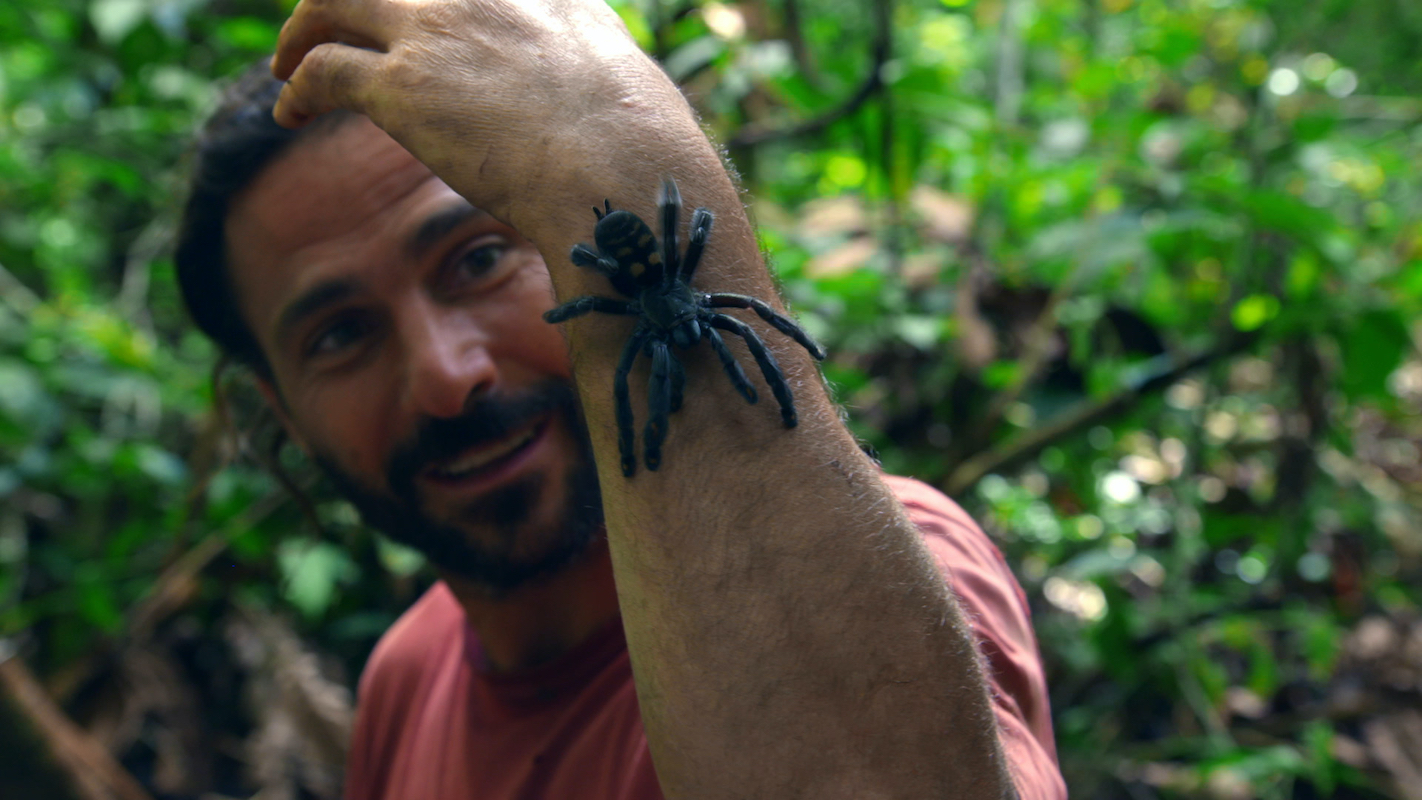This website uses cookies so that we can provide you with the best user experience possible. Cookie information is stored in your browser and performs functions such as recognising you when you return to our website and helping our team to understand which sections of the website you find most interesting and useful.
INTERVIEW: Explorer Hazen Audel takes on the Amazon in Primal Survivor
By Michelle Johnson | 22 April 2022 | Culture
The biologist and presenter talks to Tempus about his remarkable new National Geographic series

Wilderness explorer Hazen Audel is no stranger to the wild, but his new TV series for National Geographic sees him take on the Amazon like never before. Primal Survivor: Escape the Amazon follows Audel’s incredible 500-mile journey on foot through South America, battling dense rainforest to barren savannah, mountains to swamps and much more.
As Audel’s journey is put ever more at risk by nature’s threats – including torrential rains and flooding, as well as snakes and insects – he also shares remarkable sights and insights into the wild beauty of the area. Audel also learns ancient survival skills under the tutelage of the native Wai Wai people, and crosses mangrove swamps with the help of local Warau people, allowing viewers rare insight into indigenous practices and the issues local people face today.
Here, Audel shares his most enduring memories of fulfilling this lifelong ambition.

Hazen, what was your inspiration for creating Primal Survivor?
It has been a lifelong dream ever since I first went into the rainforest aged 19, and I’m so proud. I am just so inspired by what I’m learning. If I don’t keep having these adventures and exploring, the world becomes terribly ‘milk toast’. I don’t have very many people that really share my take on the world, but I don’t want to live any other way. I know that a lot of kids will be watching this and will want to have their own adventures. Maybe that, in its own little way, is changing the world for the better.
What were some of the toughest challenges you faced?
It was one of the hardest things I’ve ever had to do – and once you’re a few hundred miles in, all you can do is keep moving forward. I had to think about self- preservation and pace myself, keeping check of every single wound – I had scrapes and bruises all over – because in that kind of environment, a simple cut could become deadly. But it was amazing to see my body evolve.
My feet got tougher and wider to adapt to the environment. My arms started out scratched and swarmed by bugs, but after a few months I no longer reacted to the insects. That conditioning was so interesting for me to see as I adapted to the challenges of constantly moving.

What did you learn from your experience?
I loved seeing how quickly I adapted to mental and emotional challenges. We, as humans, are so resilient. Spending time in the rainforest, you start to learn its language. At first, the sounds of birds and insects is overwhelming, but soon you can navigate by the sounds, you know the environment; it’s almost subconscious. By month three, you know a porcupine or wild pig is nearby because of the smell. It’s difficult to explain but, even though I came out of the expedition beaten up and limping, I felt the healthiest I’ve ever been. You become so in tune with your environment, that readjusting to ‘normal life’ was quite lonely.
Tell us about working with indigenous people during filming.
We visited six indigenous groups, and they really understood that we were trying to showcase this part of the world and the magic of the people that live here. The great thing is that I wasn’t alone: my camera crew was equally dedicated in sharing our collective experience. But we couldn’t have done it without the assistance of the native people along the way. We’re in awe of how they thrive in this kind of environment and wanted to show that to the world. They were so loving and caring, and it’s thanks to them that this amazing endeavour was possible.

Is there anything that you’ll take away from your experience?
I think the Western world has a pandemic of capitalism. We know where our money comes from, but not where our food comes from. I learnt in the rainforest that what’s important there is what you can hold and what you can hunt. You can’t eat money, so instead you have to understand the life cycle of the plants and animals that you eat; you have to keep the forest healthy so that it can provide. It’s a much more sustainable, conscientious and connected way of living.
Primal Survivor: Escape the Amazon airs on National Geographic every Thursday at 9pm from 14 April







